Search The Collection
Filter By
Object Type / Material
Geographic Location
Date / Era
Department
Show Only:
- As part of the Met's Open Access policy, you can freely copy, modify and distribute this image, even for commercial purposes.APIPublic domain data for this object can also be accessed using the Met's Open Access API
- Objects with changed or unknown ownership in continental Europe between 1933-1945. Learn more
Showing 2,652 results for Tlingit, Native American
Sort by:
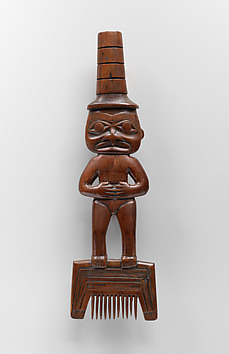
Tlingit, Native American
ca. 1850–80
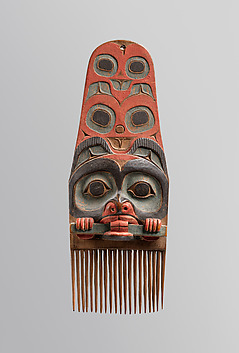
Tlingit, Native American
ca. 1860
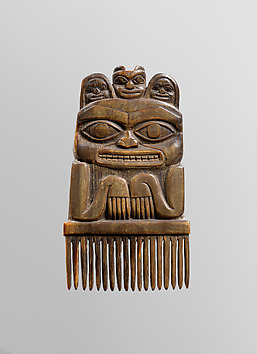
Tlingit, Native American
ca. 1840
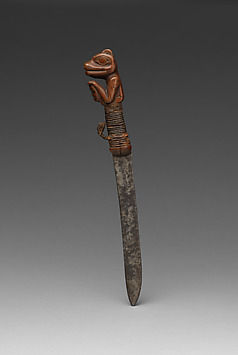
Tlingit, Native American
ca. 1780–1840
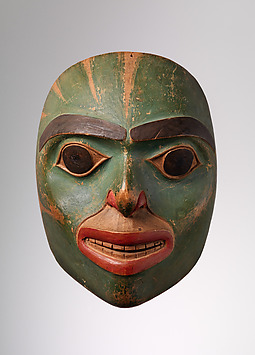
Tlingit, Native American
ca. 1860
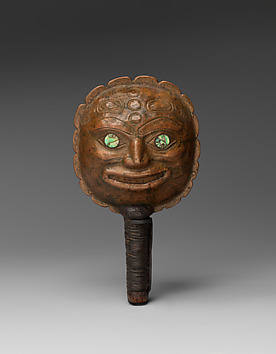
Tlingit, Native American
ca. 1890
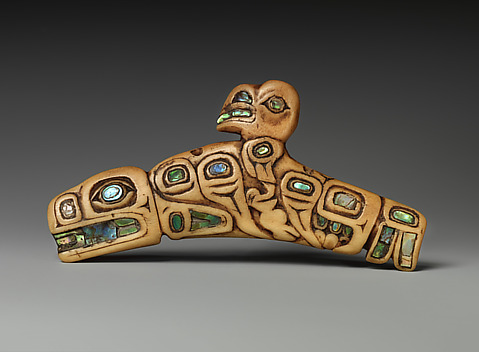
Tlingit, Native American
ca. 1840–70
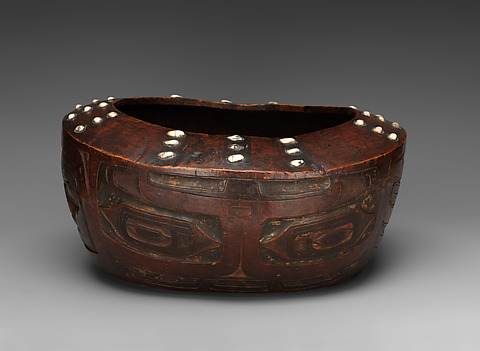
Tlingit, Native American
ca. 1750–1800
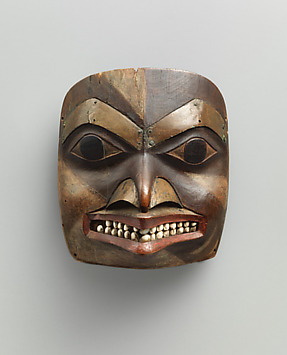
Tsimshian or Tlingit, Native American
ca. 1780–1830
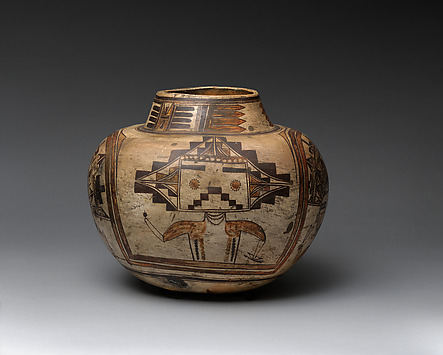
Nampeyo
ca. 1895–1900
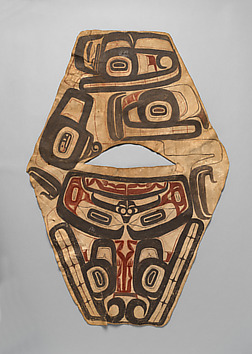
Tlingit, Native American
ca. 1800
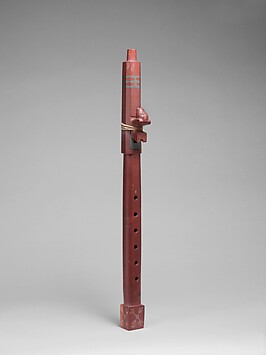
Native American (Sioux)
ca. 1850–1900
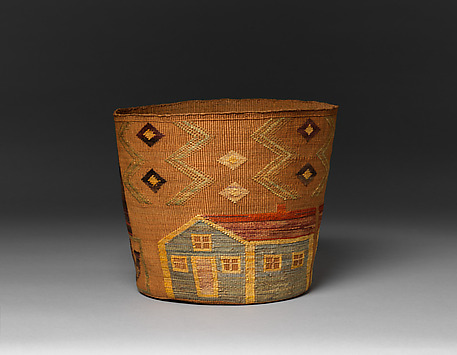
Tlingit, Native American
ca. 1900
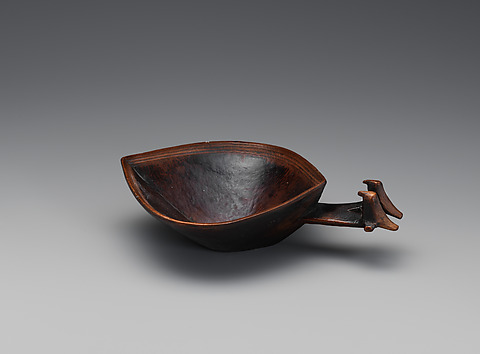
Chinook, Native American
ca. 1850
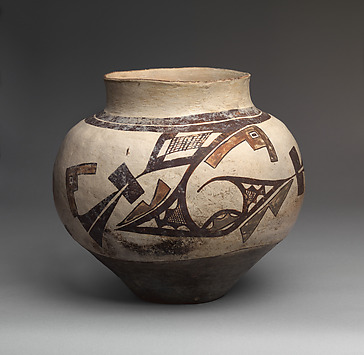
Acoma, Native American
ca. 1790
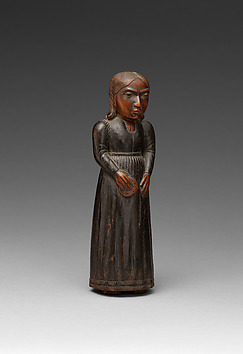
Haida, Native American
ca. 1840
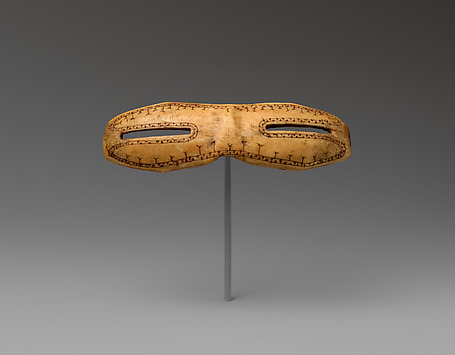
Thule, Native American
ca. 800–1200
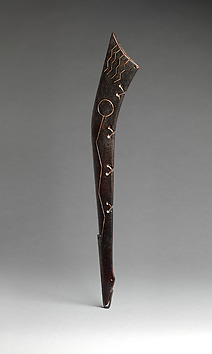
Pawnee, Native American
ca. 1800
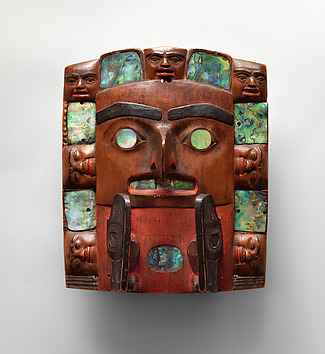
Tsimshian
, Native American
ca. 1820–40
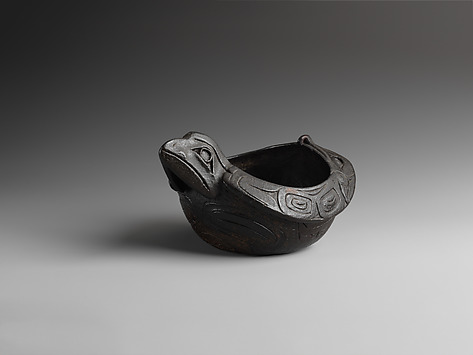
Tsimshian, Native American
ca. 1780–1810
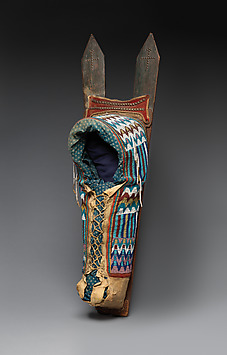
Kiowa, Native American
ca. 1875
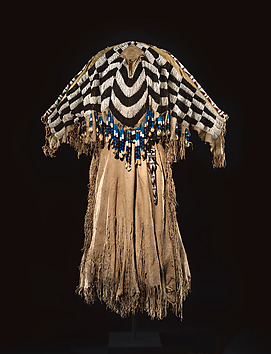
Wasco, Native American
ca. 1870
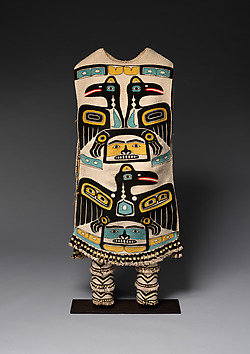
Tlingit, Native American
ca. 1890
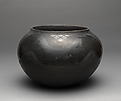
Maria Martínez
1919–20
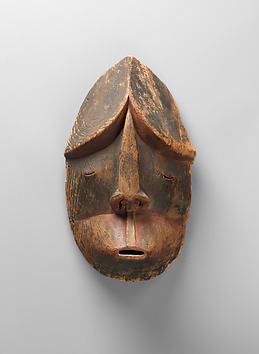
Alutiiq/ Sugpiaq, Native American
ca. 1870
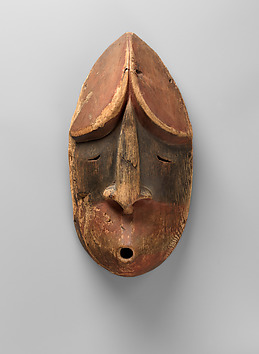
Alutiiq/ Sugpiaq, Native American
ca. 1870
Ada Vilcon Thomas
1989
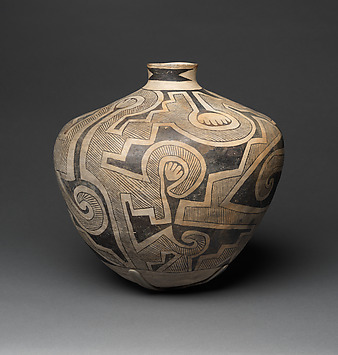
Ancestral Pueblo, Native American
ca. 1050–1100
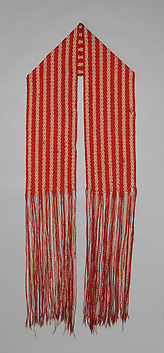
Wendat/ Huron, Native American
ca. 1830
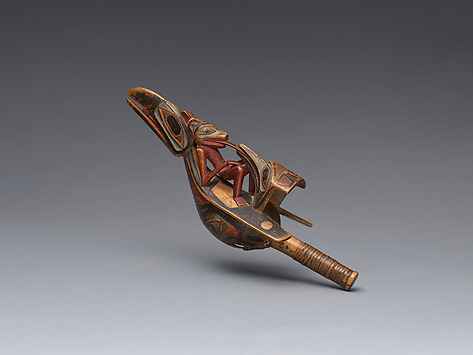
Albert Edward Edenshaw
ca. 1850

Ada Vilcon Thomas
1987
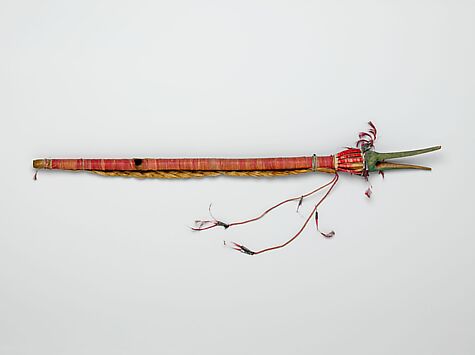
Native American (Sioux)
19th century
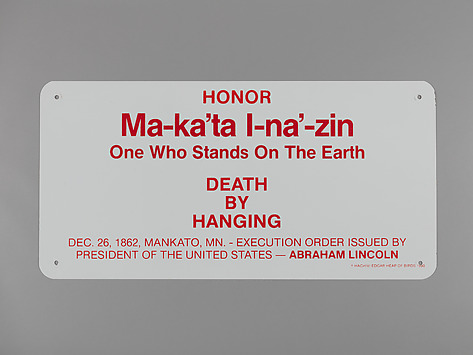
Edgar Heap of Birds, Hock E Aye VI
1990
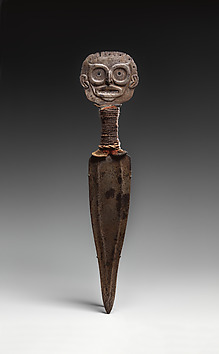
Saayina aat
ca. 1780
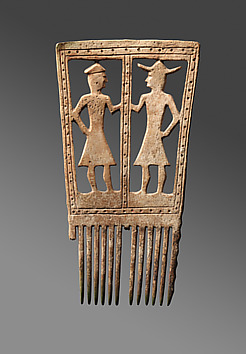
Seneca or Susquehannock, Native American
ca. 1680

Lucy Telles
ca. 1912
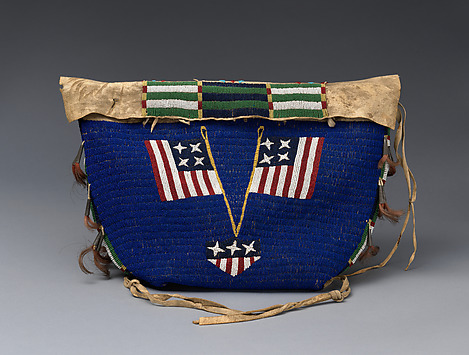
Lakota/ Teton Sioux, Native American
ca. 1890
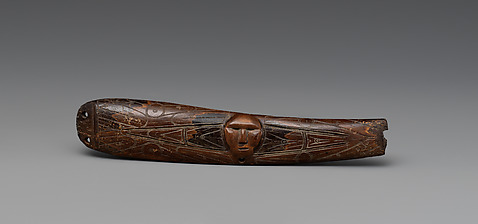
Old Bering Sea II, Native American
100–300 CE
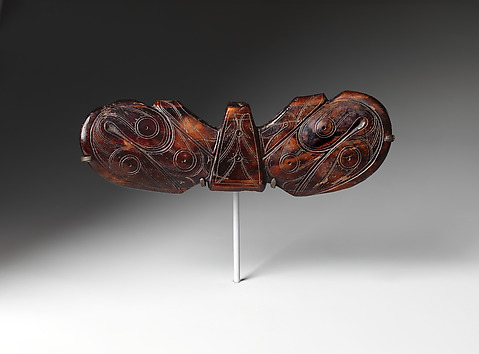
Old Bering Sea III, Native American
300–500 CE
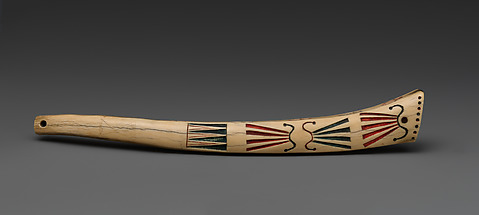
Eastern Plains, probably Meskwaki, Native American
ca. 1860